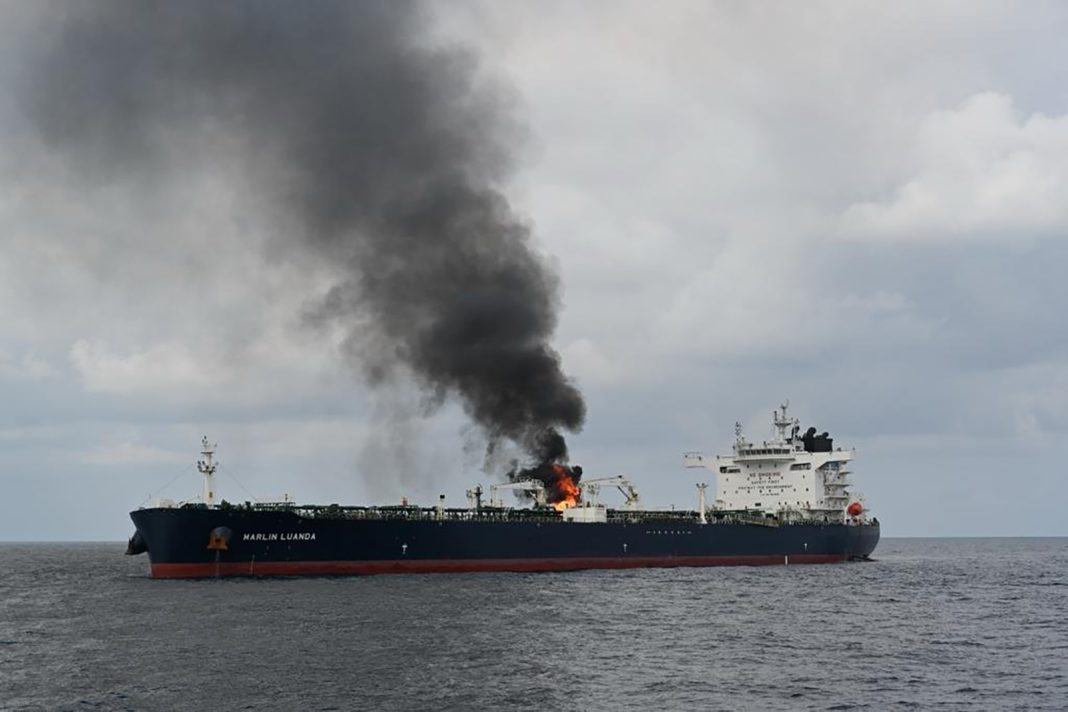Sullivan made the request during candid talks with his Chinese counterpart in Bangkok on Saturday, Reuters reported.
The talks were held ahead of an expected springtime call between President Joe Biden and Chinese leader Xi Jinping as Washington and Beijing seek to restore diplomatic engagement on global security and economic issues.
The Houthis have carried out a string of drone and missile attacks on ships in the Red Sea region in recent months, following the outbreak of the war in Gaza. They have vowed to continue targeting any Israel-linked vessels until the blockade of the Palestinian enclave is lifted and the hostilities are stopped.
Iranian officials have reiterated that the armed groups in the region “are not directed by Tehran and do not take orders from Tehran”.
In response, Washington has formed a military coalition against Yemeni forces in the Red Sea and endangered maritime navigation in the strategic waterway.
The US and the UK, backed by several countries, have struck tens of targets at several locations in Yemen in recent weeks.
The increased risks faced by ships in the Red Sea have forced the world’s biggest freight firms to avoid the Suez Canal and sent insurance costs soaring. Instead of Suez – the quickest cargo route from Asia to Europe – many vessels are now diverting round the Cape of Good Hope, incurring higher expenses on fuel, maintenance and wages.
Container freight rates for key global trade routes have also surged after the US and UK launched airstrikes on targets in Yemen with the stated goal of protecting maritime commerce in the Red Sea and the Bab-el-Mandeb straits, the world’s busiest routes.
